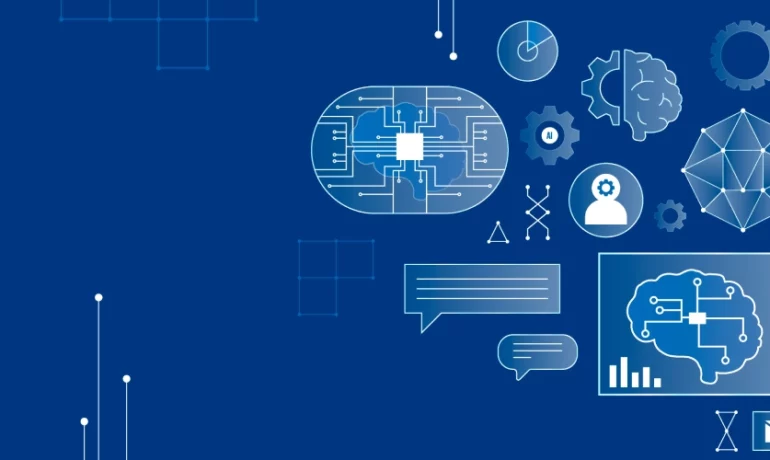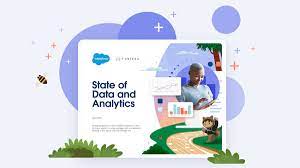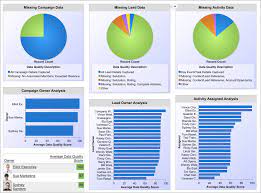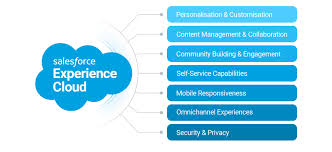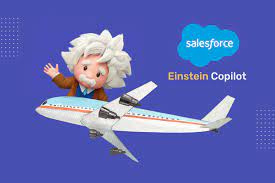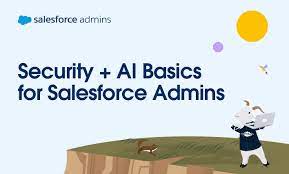The Crucial Role of Data and Integration in AI at Dreamforce
Understanding The Crucial Role of Data and Integration in AI at Dreamforce At this year’s Dreamforce, AI is the star of the show, but two essential supporting actors are data and integration. Enterprises are increasingly recognizing the importance of unifying their diverse data sources for effective analysis and swift action, and the race to harness AI makes this integration even more critical. Integration is key not only for merging data but also for automating end-to-end processes, enabling organizations to move faster and deliver better outcomes to customers. Crucial Role of Data and Integration in AI at Dreamforce. It’s no surprise that MuleSoft, acquired by Salesforce five years ago, is now a major contributor to Salesforce’s growth. Brian Millham, President and COO at Salesforce, highlighted this during the company’s recent Q2 earnings call: “In Q2, nearly half of our greater than $1 million deals included MuleSoft. As customers integrate data from all sources to drive efficiency, growth, and insights, MuleSoft has become mission-critical and was included in half of our top 10 deals.” Breaking Down Silos Param Kahlon, EVP and General Manager for Automation and Integration at Salesforce, recently discussed the investments customers are making in data and integration. He emphasized the importance of breaking down operational silos: “We are in the business of breaking silos across systems to ensure that data can travel seamlessly through multiple systems and people for processes like order-to-cash or procure-to-pay. Our technology connects these dots.” The surge in AI interest has increased the urgency to act, as Kahlon explained: “Creating data repositories for AI algorithms requires real-time data across silos, driving significant demand for our integration solutions.” Consolidating Data Enterprises have long struggled with data consolidation due to monolithic application stacks with separate data stores. This has been a challenge even within Salesforce’s own products. Last year, Salesforce introduced a Customer Data Platform (CDP) called Data Cloud, which includes a real-time data layer named Genie. Kahlon elaborated on its significance: “Data Cloud’s strength lies in its understanding and storage of Salesforce metadata. This native integration allows for real-time actions within Salesforce, enhancing the ability to aggregate, reason over, and act on data.” For example, when a customer contacts a bank, Data Cloud can compile their ATM usage, website interactions, and recent support cases, providing the agent with a comprehensive view to better assist the customer. Leveraging Metadata for AI Salesforce’s metadata layer, which has been fine-tuned over two decades, gives it a distinct advantage. Kahlon noted: “This metadata-based architecture allows us to create meaningful AI algorithms that are natively consumed within Salesforce, enabling visualization and action based on real-time data.” This is crucial for training the underlying Large Language Model (LLM) accurately, ensuring generated content is contextually grounded and trustworthy. Kahlon emphasized: “The trust layer is essential. We need to ensure no hallucination or toxicity in the LLM’s responses, and that communications align with our company’s values.” Real-Time Data and API Management Data Cloud’s ability to connect to other data sources like Snowflake without duplicating data is a significant benefit. Kahlon commented: “Duplicating data is not desirable. Customers need real-time access to the actual source of truth.” On the integration front, APIs have simplified connecting applications and data sources. However, managing API sprawl is crucial. Kahlon explained: “Standardizing API use and publishing them in a centralized portal is essential for reusability and consistency. Low-code platforms and connectors are becoming increasingly relevant, enabling business users to access data without relying on IT.” Automation and AI The demand for automation is growing, and low-code tools are vital. Instead of integration experts being overwhelmed, organizations should establish Centers for Excellence to focus on creating reusable connectors and automations. Kahlon added: “Companies need low-code tools to involve more business users in the transformation journey without slowing down due to legacy applications.” In the future, AI may further ease the workload on integration specialists. MuleSoft recently introduced an API Experience Hub to make APIs discoverable, and AI might eventually help monitor execution logs and manage APIs more effectively. Kahlon concluded: “AI could help developers find and use APIs efficiently, enhancing security and governance while simplifying access to data across the organization.” Like Related Posts Salesforce OEM AppExchange Expanding its reach beyond CRM, Salesforce.com has launched a new service called AppExchange OEM Edition, aimed at non-CRM service providers. Read more The Salesforce Story In Marc Benioff’s own words How did salesforce.com grow from a start up in a rented apartment into the world’s Read more Salesforce Jigsaw Salesforce.com, a prominent figure in cloud computing, has finalized a deal to acquire Jigsaw, a wiki-style business contact database, for Read more Health Cloud Brings Healthcare Transformation Following swiftly after last week’s successful launch of Financial Services Cloud, Salesforce has announced the second installment in its series Read more



